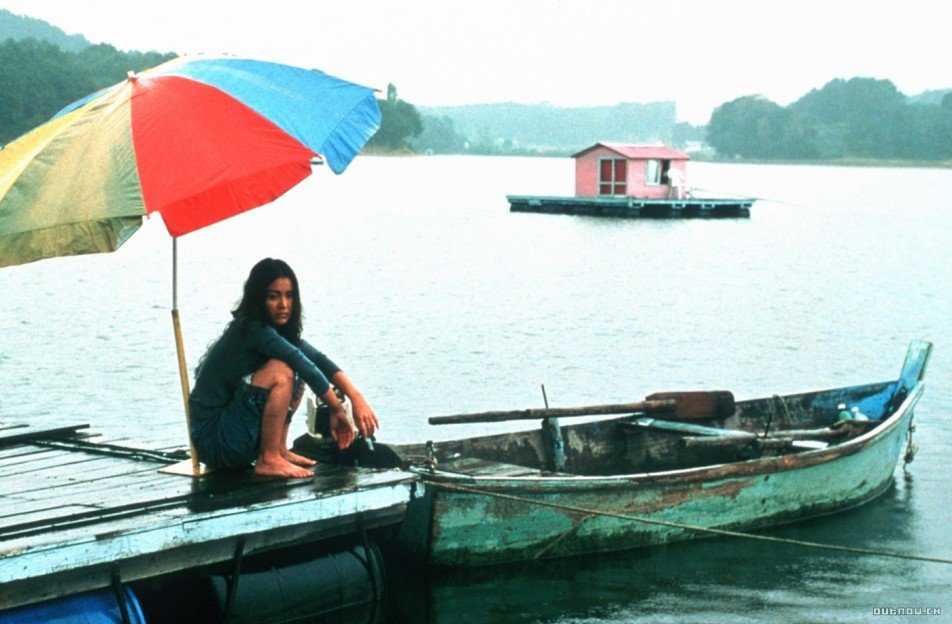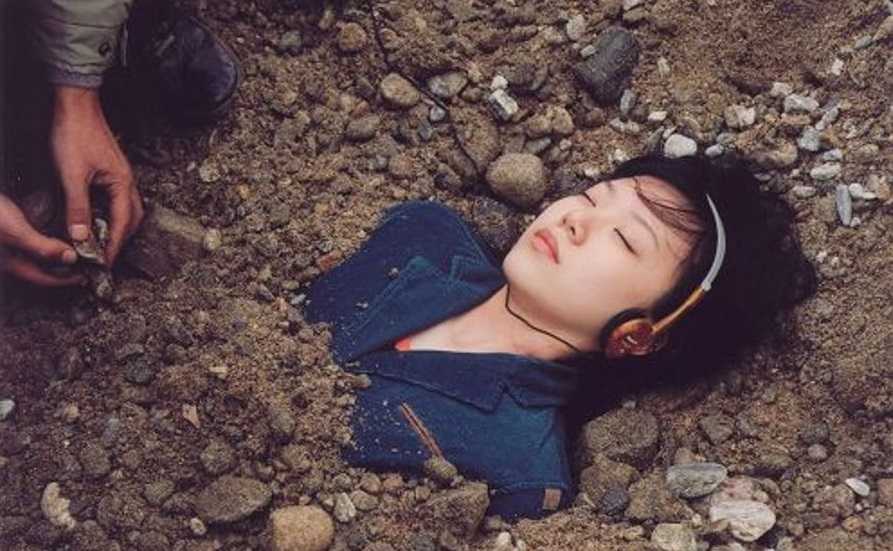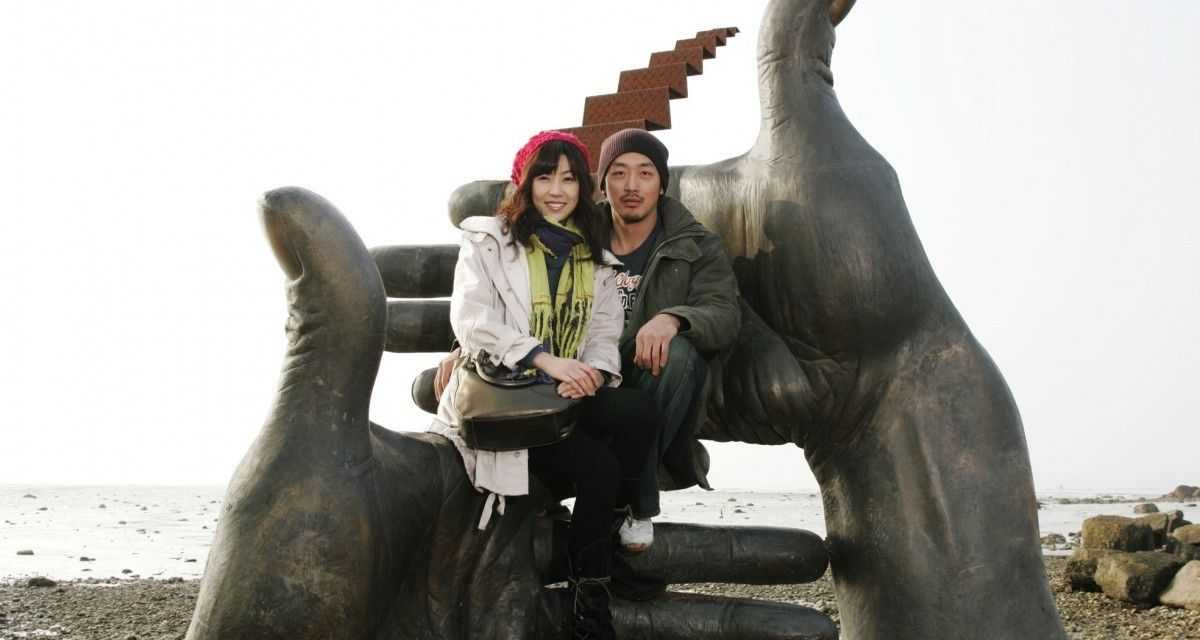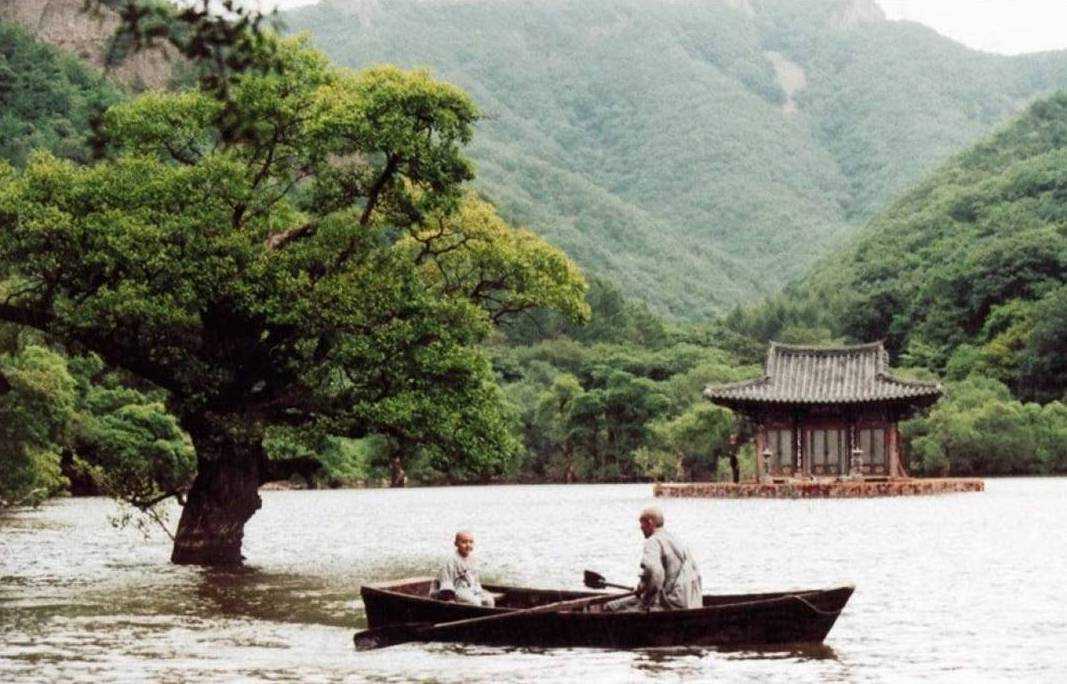Welcome back to our weekly appointment with In the mood for East, a column entirely dedicated to oriental cinema. Today we bring you our top 5 of Kim Ki-duk’s films
In recent times, the tributes to Kim ki-duk, one of the greatest directors of South Korea, there have been many. With his death, cinema – and not only the oriental one – has lost an author with a very personal touch. Sensitive and cruel at the same time, never predictable, his stories have always struck us for themes and style. Impossible to compare it to any other filmmaker, from any country and any historical period. From 22 April six of his films are available on the virtual screens of #iorestoinSala, curated by the Far East Film Festival of Udine. And we too of techgameworld.com we want to keep remembering it – because it is never enough – by offering you the top 5 of his films.
His career has been decidedly prolific, since his debut in 1996 with Crocodile. Since then, until 2019, the South Korean director has given us many feature films. It becomes very difficult to choose five among so many works of such a high quality level. We try: the intent remains, however, not to classify his art, but rather to pay homage to such an important author in the world cinema scene.
So here it is five of Kim Ki-duk’s best films.
Kim Ki-duk: and a 5 million movie
5 – L’isola (2000) | Kim Ki-duk top 5

We have already talked about the first major international success di Kim Ki-duk. Child The island, the viewer learns about a bewitching cinema, made up of silence, pain and despair. The story is that of Hee-jin (Jung Suh), a girl who runs a sort of floating motel, and Hyun-shik (Kim Yoo-suk), on the run after committing a double murder. A strange relationship arises between the two, tender and violent at the same time. There will never be a word between them. Only bodies that are desired and lonely souls who try to get in touch with each other, without being able to save their lives.
Kim Ki-duk enters the Olympus of cinema with this work, building a tragic and desperate poem, cradled by the placid waters of the lake which is the background to the story.
4 – La samaritana (2004) Kim Ki-duk top 5

2004 is an incredible year for Kim Ki-duk. Between sacred and profane, The Samaritan constitutes a fundamental piece for his career, with which he focuses on many of the issues dear to him. Jae-young (Han Yeo-reum) and Yeo-jin (Kwak Ji-min) are two very young and inseparable friends who, to earn some money, decide to set up a prostitution network. The first grants her body, while the second procures clients and acts as a stake during the meetings. By a tragic fate, Jae-young throws himself out of the window and dies shortly after in the hospital. The friend, in her memory, begins to track down her old customers to give them back the money and give herself to them.
There are many mystical-religious references in the work, starting with its subdivision into three chapters entitled Vasumitra, Samaria and Sonata. The Samaritan woman gives us one of the most powerful and moving endings in Kim Ki-duk’s cinema, in which the power of the image explodes without the need – once again – to utter a single word.
3 – Time (2006) | Kim Ki-duk top 5

The most “talked about” film by Kim Ki-duk it is, incredibly, too one of his most complex and layered films. Time it is one of those works to be metabolized, with multiple facets. A reflection on love, on the relationship between human beings, on the inevitable passage of time. Seh-hee (Sung Hyun-ah) and Ji-woo (Ha Jung-woo) have been a couple for two years. Although they are in love with each other, the passage of time begins to cause concern in Seh-hee. The obsession with jealousy and the fear that her partner might get tired of her, preferring other girls, become more and more invasive. Up to a drastic decision: to undergo a cosmetic surgery that allows her to totally change her face. From that moment on, their relationship will never be the same again.
The Korean director makes a profound reflection on how much time affects our lives, on how much the perception of things changes. We, with our feelings, our thoughts, our obsessions, are destined to disappear, whatever form we wish to take. Time remains.
2 – Spring, summer, autumn, winter… and again spring (2003) | Kim Ki-duk top 5

Spring, summer, autumn, winter… and again spring is the story of a Buddhist monk told through the seasons of his life, played in different stages by Kim Jong-ho, Seo Yae-kyung, Kim Young-min and Kim Ki-duk himself. Spring is childhood, the time of education and the first approaches to life, of which he learns to understand its value. Summer is youth, the season of discovery, of impulses and temptations. Autumn is adulthood, the time to come to terms with one’s sins, atone for them and rediscover one’s inner peace. Winter is maturity, with the beginning of a new life cycle: and it is spring again.
The beautiful setting of the lake of Jusanji it is the backdrop to an apparently more traditional story than the canons of the Korean director, but still full of symbolisms (Buddhist and otherwise) that affect the growth and the entire existence of a monk. Spring, summer, autumn, winter… and again spring is not a coming-of-age story, it doesn’t have to teach us a moral. IS a film about (circular) time, life and human nature, as unchangeable as the existence of all other creatures on Earth.
1 – Iron 3 – The empty house (2004) | Kim Ki-duk top 5

A foregone first position? Probably yes. But Iron 3 – The empty house it is truly the pinnacle of a filmography of the highest level like that of Kim Ki-duk. This is also demonstrated by the victory of the Special Award for Direction at the 61st edition of the Venice International Film Festival. Tae-suk (Lee Hyun-kyoon) is a homeless boy with a habit of sneaking into the homes of temporarily absent people, acting as if he were the master. Before the real owners return, Tae-suk puts everything back in its place and leaves the house. During one of her intrusions, she does not notice the presence of Sun-hwa (Lee Seung-yeong), a young woman who has been raped by her husband.
We do not want to reveal other details of a plot as anomalous as it is full of poetry, in which the almost total absence of dialogue (relegated to the surrounding characters) leaves room for the enchantment of images and emotions. One of the purest and most delicate love stories ever represented in the cinema.
Our ranking ends here. We hope you were pleased to remember once again the South Korean master and his cinema, which we will undoubtedly talk about again here on In the mood for East. Let us know what your favorite movies are in the comments. In the meantime, keep following ours specials dedicated to cinema and TV series on this page!














